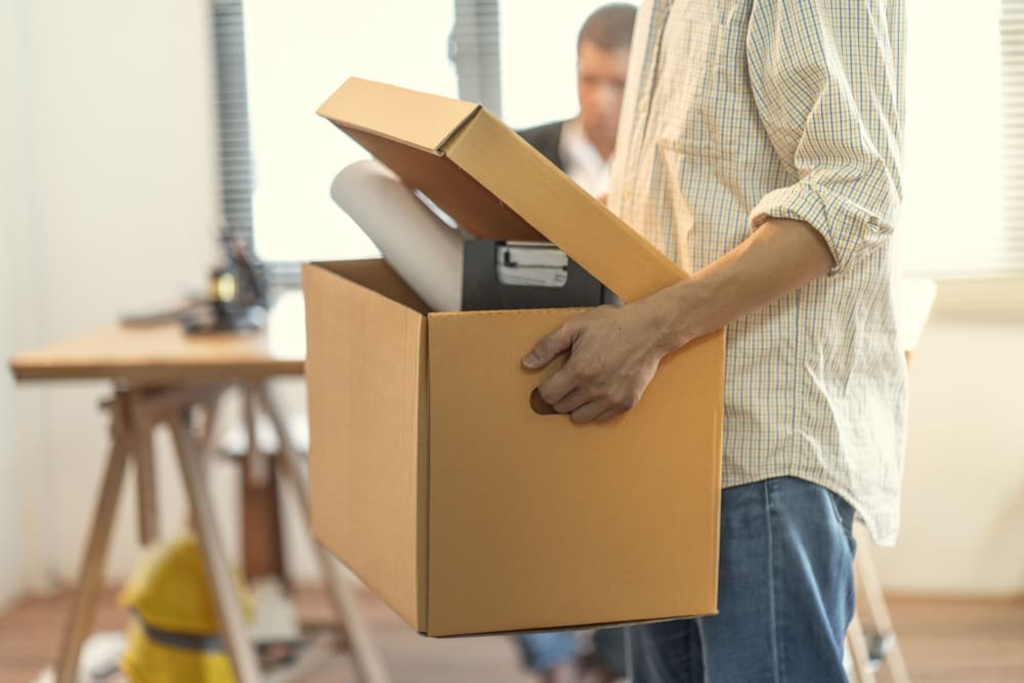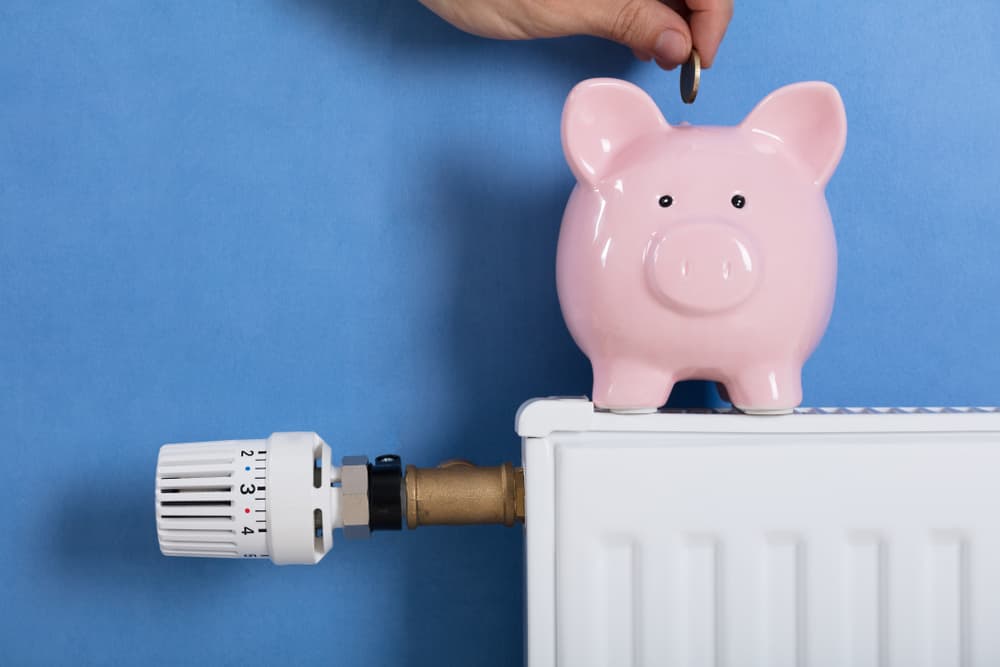4 Ways to Handle Sudden Unemployment

Getting laid off can be a huge shock to your system, but don’t start pulling your hair out just yet. Psychologist Dr. Melanie Greenberg recommends focusing on two important tasks: looking for a new job or career path and caring for your emotional and psychological health. Here are 4 strategies to keep despair at bay, stop yourself from getting into debt, and find a new job.
1. Look After Your Mental Health
If you find yourself without a job, planning your next career move is an obvious next step. But, don’t forget to look after your mental health. “You need time for that and you need to deal with the emotional consequences so you don’t get depressed,” Dr. Greenberg says. “Find time for exercise and finding social groups, finding volunteer activities.”
Another thing Dr. Greenberg recommends is meditation. During this time, it’s important to focus on your mind and not get overwhelmed with emotion. Trying to avoid feeling like you are helpless. Never meditated before? Don’t worry, there are thousands of free meditation apps readily available for you to download.
It’s helpful to stay social too, as struggling through this alone will only make you feel worse. Attend social events, and start networking – you never know, some of your closest friends might be able to help.
2. Create a Routine
It’s a good exercise to create a routine during your day to give you a sense of purpose. Avoid sleeping in until 11 am and don’t waste your time in front of the television. “I think it’s very important to make a schedule as if you’re working, [but] it doesn’t have to be nine to five,” Dr. Greenberg said. “It helps you feel a little more in control. It helps for depression to have things to focus on.”
To keep you from straying, you can use apps like Focus Booster for time management. This will help you concentrate on specific tasks, like searching for new jobs and doing freelance work. You can even schedule a one-hour lunch break.
3. Set Small Concrete Goals
Now that you’ve got a new daily routine, you can fill it with small achievable tasks. Sometimes, you can be defeated before you begin if your big-picture plan is overwhelming. But, by breaking it down into smaller tasks it feels easier, and by checking things off your to-do list you’ll feel much more satisfied and organized.
For example, your first tasks can include updating your resume or networking with five people on LinkedIn. Make sure you schedule healthy activities too, like some at-home yoga or a work-out. Now, you’ll be in a much better position, and your networking could result in a coffee meeting or job interview. Just don’t make your schedule too rigid, as you’ll need to make room in your day for job interviews.
4. Reevaluate Your Finances
With regards to your finances, there are three things you should do after losing a job. According to financial planner, Katie Brewer, you should evaluate your health benefit options, adjust your budget, and try to avoid withdrawing from your retirement funds.
It’s tempting to react by “freaking out and lying in bed,” says Brewer, but there are decisions that you need to make right away. One of these includes signing up for COBRA health benefits. This is also a time to revise your budget. Cut back on shopping, eating out, and luxuries. If you have a gym membership, consider joining a cheaper community center or jogging around the park instead.
The last thing you should do is to try not to touch your 401(k). “Put that as the very very very last thing you do,” Brewer says. “If you can leave it intact you avoid a penalty and taxes. [Leaving it alone] is really easy to do and really hard to undo.”
“It’s kind of difficult times [economically]. We are facing new challenges,” says Dr. Greenberg. “Trying to learn how to adapt is the most important thing.”







